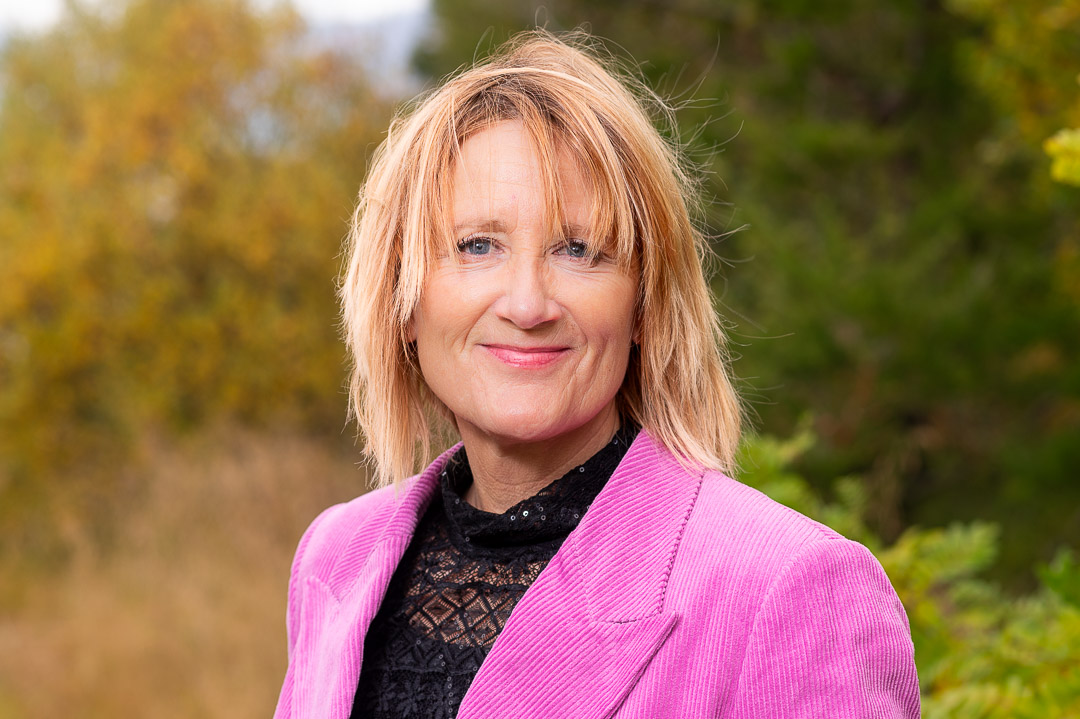The Arctic is a wicked problem
Embla Eir Oddsdóttir has been working on Arctic issues for more than two decades. With a background that spans private sector experience, interdisciplinary studies, and leadership roles in international cooperation, she directs the Icelandic Arctic Cooperation Network and represents Iceland in key Arctic Council groups.
Tell us about yourself
I worked in the private sector (shipping, PR, wholesale), before starting university in 2003. My education has always been interdisciplinary: I studied socio-economic development at the University of Akureyri, a year at UNBC in Canada, an MSc in Law, Anthropology and Society at LSE in London, and a Polar Law diploma in Akureyri again. Now I’ve been working on Arctic issues for over 20 years.
What sparked your curiosity about the Arctic?
It started with my socio-economic development studies, but a trip to Siberia was what really changed everything. Visiting remote communities, witnessing their realities and seeing their resilience; the Arctic suddenly became alive. It transformed from an icy wasteland and mistery into a place of culture.
What’s your current role?
I am the Director of the Icelandic Arctic Cooperation Network, Acting Head of Delegation in the Arctic Council Sustainable Development Working Group (SDWG), national representative in its Social, Economic and Cultural Expert Group. In addition, I am also part of several advisory groups. The best part about all these different responsibilities? The diversity of projects and the great people I work with.
What projects excite you right now?
- Developing the Gender Equality in the Arctic (GEA V) project which is a SDWG project and a flagship project in the Icelandic Arctic Council Chairmanship from 2019-2021.
- Preparations for another Ministry of Foreign Affairs conference on plastic pollution in the Atlantic Ocean.
- Pushing forward an Icelandic Arctic research strategy with Rannís.
One surprising fact more people should know?
More people should recognise that the Arctic is not merely a region with icea and resources to extract, but a home to many peoples and cultures. Too many people join the Arctic discourse with a very limited understanding of realities that northern peoples face and their challenges. There exists a cultural vibrancy and resilience that may be hard for laypeople to understand and respect.
Biggest challenge today?
Geopolitical tensions that are high at the moment and may take an unforeseeable path. Hard security currenlty dominates the Arctic discourse, overshadowing urgent issues like community well-being and environmental change, which should be in the forefront.
Your advice to young people?
Be interdisciplinary, including natural and social sciences, and even law. You don’t have to know everything, but be open to listening to and learning from locals. Be respectful of communities that have lived here for centuries.
Last but not least some fast-paced questions:
What keeps you motivated?
I remind myself that even small steps can be progress.
Who inspired you?
The Stefansson Arctic Institute team and Tero Mustonen at Snowchange.
Favourite memory?
A reindeer herding camp in Siberia.
Favourite Arctic food/drink?
Reindeer meat.
And one sentence to describe the Arctic?
A wicked problem.

Even small steps can be progress.